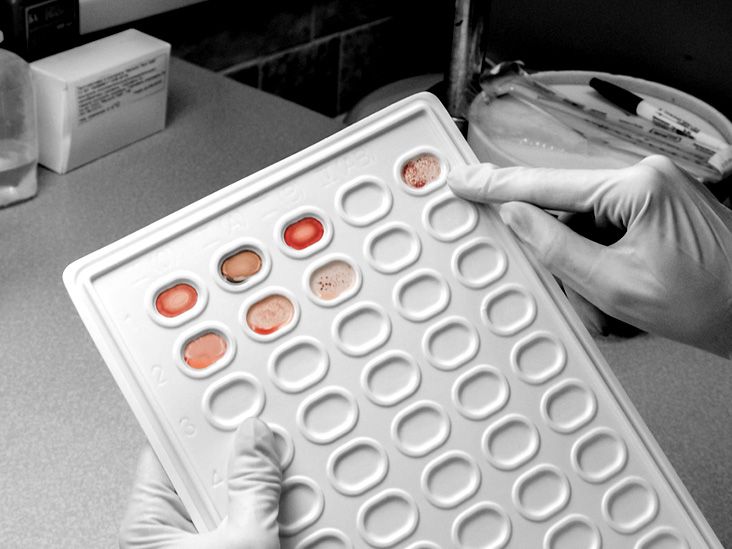Enviado por
Luisa Fernanda Gonzalez Castillo
Scientists have developed a new DNA test that could detect 18 different types of early-stage cancers in a concept study representing all the major organs of the human body.
The new findings could kick-start a new generation of screening tests for early detection of cancer, researchers say.
The test can particularly help pick up many sex-specific differences in cancer, including variations of the disease among men and women in terms of age at occurrence, cancer types, and genetic alterations, the study, published in the journal BMJ Oncology noted.
Cancer currently accounts for one in every six deaths around the globe, with 60 per cent of these deaths caused by cancer types that have no screening test.
Existing screening tests also have drawbacks such as invasiveness, expense, and low levels of accuracy for the early stages of the disease.
While specific blood proteins could be used as markers for early detection and monitoring, researchers say the currently available test options dependent on such proteins lack sensitivity as well as accuracy of excluding those without cancer.
In the new study, scientists collected blood plasma samples from 440 people diagnosed with 18 different types of cancer before treatment, and from 44 healthy blood donors.
They measured over 3000 proteins strongly associated with cancer chemical pathways in each sample.
Researchers followed a two-step process for this – first detecting the biological signature of any cancer, and then identifying the tissue of origin and cancer subtypes.
By following a process of elimination, they identified a panel of 10 sex-specific proteins that differed across the plasma samples from cancer patients and healthy people.
The variation of these protein signatures between men and women suggests they are most likely sex-specific for all cancers, scientists say.
Almost all of the protein signatures were present at very low levels, pointing to the importance of such low-level proteins to pick up early-stage cancer before a tumour grows and causes substantial health impact.
Scientists acknowledge that the study has a relatively small sample size, likely limiting the wider applicability of the findings.
However, they say the new generation protein-based plasma test has high sensitivity in detecting a variety of early-stage tumours in patients showing no symptoms.
They say this makes the test a strong candidate for use as a population-wide screening tool that is not currently achievable with existing tests or techniques.



No hay comentarios:
Publicar un comentario